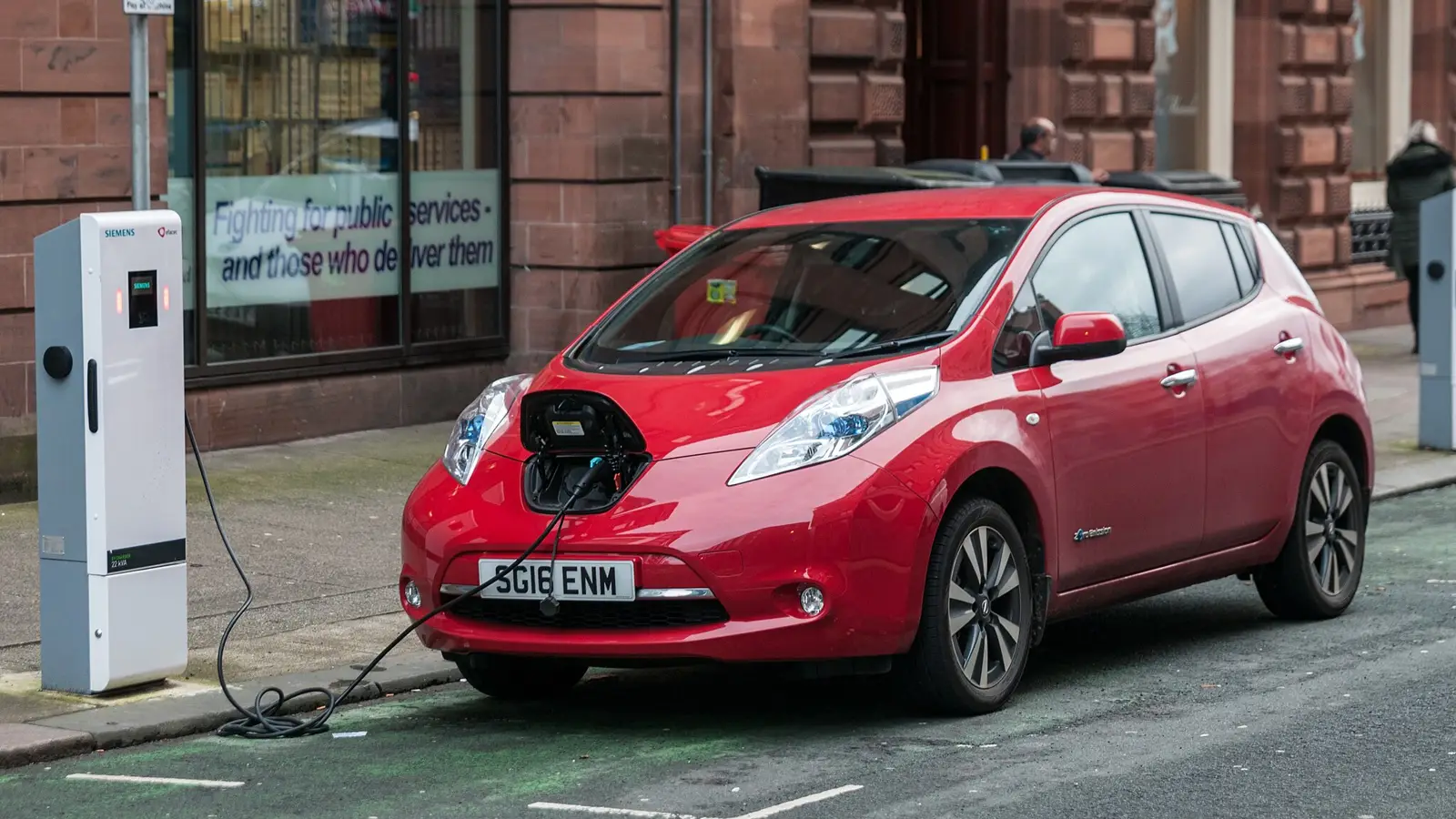EU Maintains 2035 Zero-Emission Target While Adjusting Short-Term CO₂ Limits

The EU confirms its 2035 zero-emission car target but introduces flexible CO₂ limits for automakers until 2027. Learn about the industry’s response and potential impacts.
The European Union has reaffirmed its ambitious target: from 2035 onwards, all new cars and vans sold in the region must be zero-emission. However, acknowledging the challenges faced by the automotive industry, the European Commission has proposed easing short-term compliance deadlines, granting manufacturers greater flexibility in meeting interim targets.
Under the revised approach, companies will have more leeway to balance emissions levels between 2025 and 2027. Instead of adhering to rigid annual reduction targets, manufacturers will be allowed to offset higher emissions in one year by making deeper cuts in subsequent periods. This move aims to mitigate the risk of penalties, which the European Automobile Manufacturers’ Association (ACEA) warns could amount to €15 billion.
The decision comes in response to industry concerns over declining electric vehicle (EV) sales in 2024 and challenges related to charging infrastructure. In Spain, for example, there are over 37,000 charging points, yet nearly a quarter of them are non-operational, and the proportion of fast chargers remains limited. This lack of reliable infrastructure reduces the appeal of EVs, particularly in countries with underdeveloped charging networks.
Environmental groups have strongly criticized the regulatory adjustment, arguing that it will slow the transition to sustainable mobility. According to their data, CO₂ emissions from new cars have already dropped by 28% between 2019 and 2023, indicating that automakers could meet stricter annual targets without major disruptions.
The policy shift has also sparked political debate. Italian Prime Minister Giorgia Meloni has condemned the EU’s plan as "self-destructive" for the economy, while in Germany, concerns are growing over potential job losses as internal combustion engine production winds down.
Despite the concessions, the EU’s long-term goal remains unchanged: by 2035, petrol and diesel cars are set to disappear from the European market. Whether the bloc can stay on track without causing economic and consumer setbacks remains an open question.
Mark Havelin
2025, Mar 06 13:48


